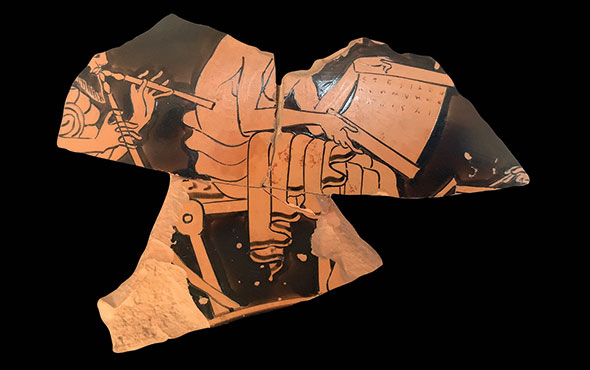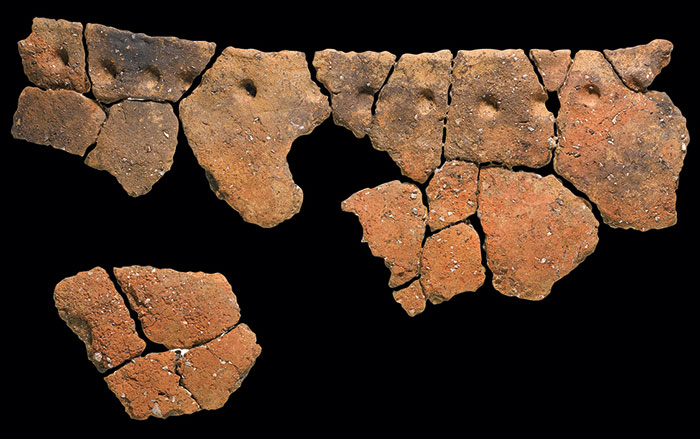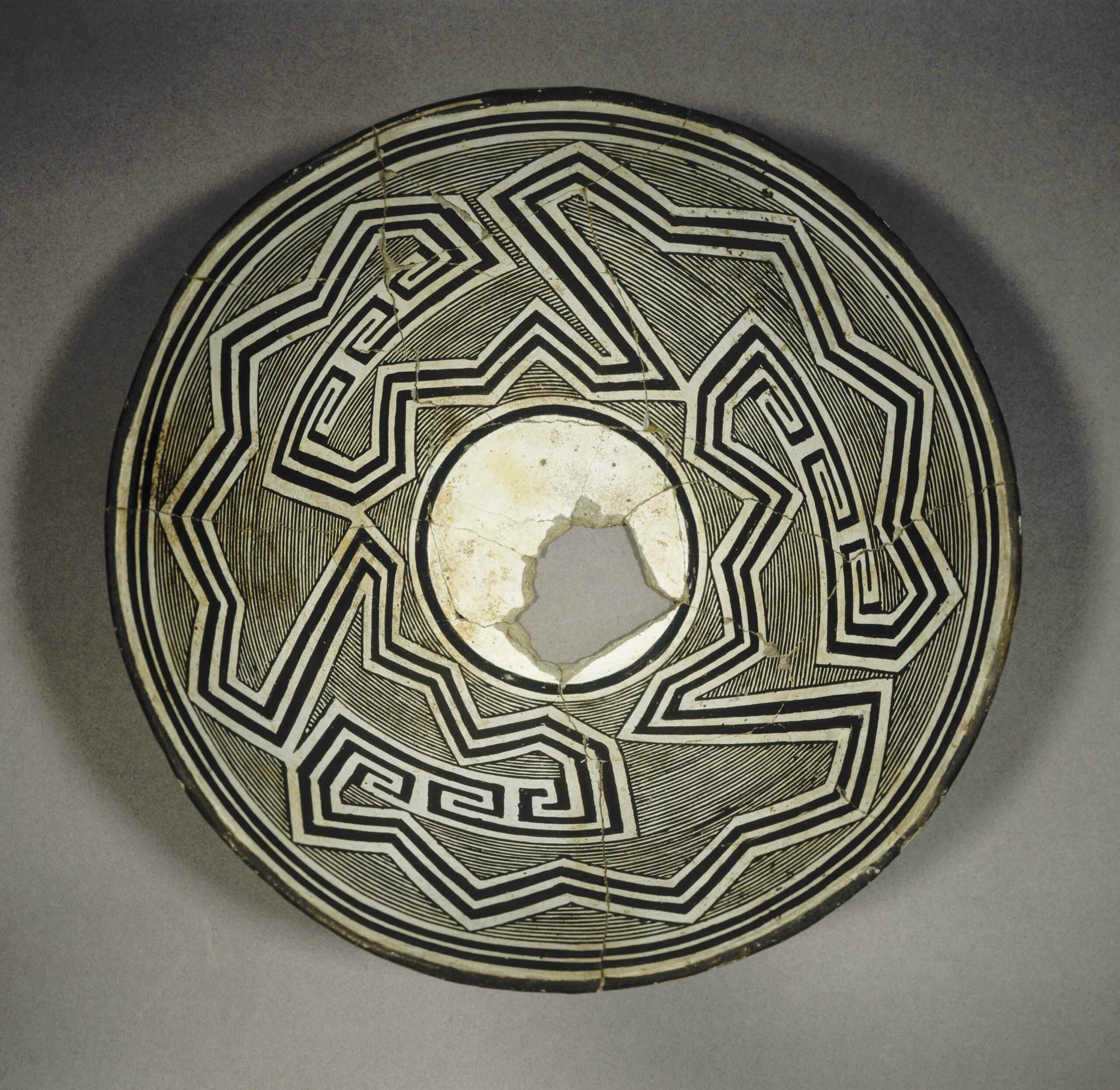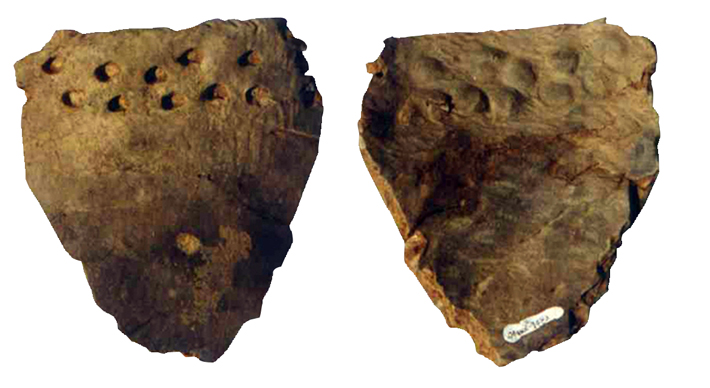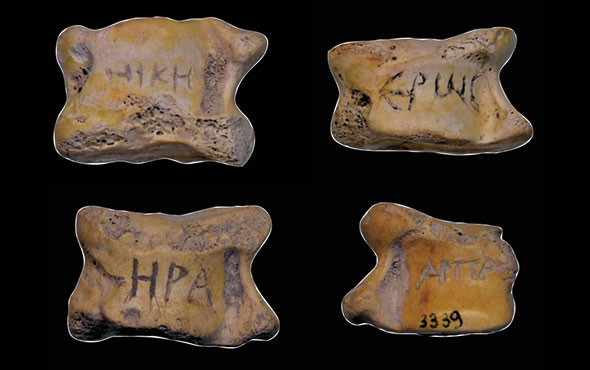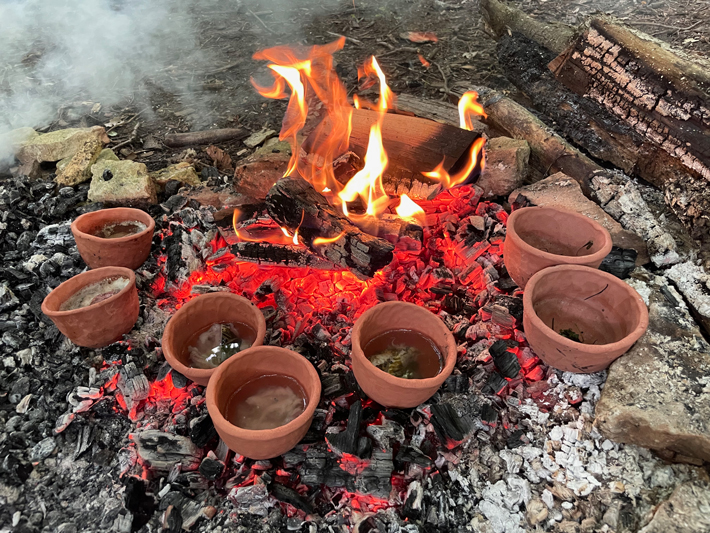
MAYNOOTH, IRELAND—Hunter-gatherers knew how to make and use pottery to store and cook food, according to a Science Magazine report. It had been previously thought that pottery was developed by early farmers during the Neolithic period. Rowan McLaughlin of the National University of Ireland, Maynooth, and his colleagues examined the decorations and shapes of pottery fragments unearthed at more than 150 archaeological sites around the Baltic Sea and Eastern Europe and radiocarbon dated residues within them. Chemical analysis of the residues also allowed the researchers to determine whether they resulted from cooking fish, pork, plants, or the meat of ruminants such as deer or cattle. The study suggests that the use of pottery began to spread among hunter-gatherers in the Far East some 20,000 years ago, and starting around 7,900 years ago clay pots spread throughout the Ural Mountains and southern Scandinavia within a few centuries. McLaughlin thinks pottery-making knowledge was passed from group to group. “There’s no way a population could grow that fast,” he said. If these hunter-gatherer societies were patrilocal, meaning women left home to marry men in other communities, he explained, knowledge of pottery may have spread as women moved from village to village through marriage. For more, go to “Farmers and Foragers.”


